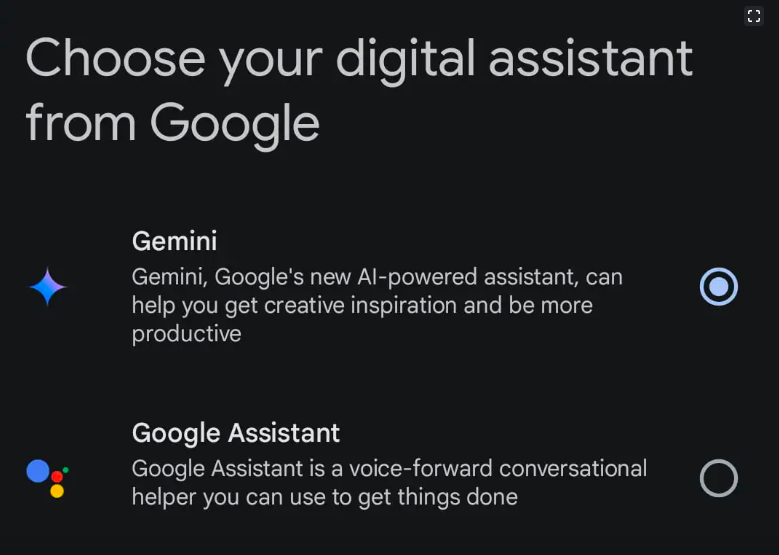Google Assistant Is Being Replaced by Gemini—Here’s What You Need to Know
Google just replaced Assistant with Gemini—an AI that’s more powerful and personal. Here’s everything you need to know!
Google is making a big change: it’s replacing Google Assistant with Gemini, its new AI-powered assistant. And this isn’t just a simple update—it’s a complete revamp that will change the way you interact with your device currently.

What’s Happening?
Ever since Google launched Assistant in 2016, it has been the go-to natural language processing and voice recognition technology for millions of users across Android phones, smart speakers, and even cars. But now, Google is retiring it in favor of Gemini. According to Google, “Gemini is designed to be a more powerful, conversational AI assistant that can help you with more complex tasks.”
That means Gemini won’t just answer simple questions like the weather forecast—it’ll integrate with apps like YouTube, Gmail, and Google Photos to help you with real tasks. For example: you can ask Gemini to find a specific photo from your trip or highlight all the unread emails from past week.
Furthermore, with Gemini Live soon getting screen sharing and video sharing capabilities, you will be able to show things in real time.
Will This Affect Your Devices?
If you use Google Assistant on your phone, tablet, or even in your car, you’ll soon see a prompt to switch to Gemini. Google is rolling out this transition over the next few months.
However, if you’re using an older device—specifically one running Android 9 or lower with less than 2GB of RAM—you’ll still have access to the classic Google Assistant.
And once the switch is complete, Google Assistant will no longer be available for new downloads. So, if you have relied on it for a long time, it might be time to say your goodbyes!
Gemini’s Biggest Upgrade: Personalization
One of the standout features of Gemini is its ability to personalize responses based on your Google Search history. Google explains, “With your permission, Gemini can provide better recommendations for restaurants, travel plans, and other searches based on what you’ve previously looked up.”
For example, if you frequently search for vegetarian restaurants, Gemini will prioritize those in its suggestions. The same goes for travel—it will remember your past trips and suggest destinations or activities based on what you like.
However, you will always be able to opt out of this feature if you prefer more neutral, unpersonalized results.
Why Is Google Making This Change?
This move is part of Google’s broader shift toward AI-driven experiences. The company has been investing heavily in AI, and replacing Google Assistant with Gemini matches its long-term vision of a more powerful, human-like assistant.
Honestly, this change makes sense. While Google Assistant is quite useful, it can often feel limited compared to AI chatbots like ChatGPT or Google’s own Bard. With Gemini, Google is taking a big leap forward by creating an assistant that first understands context and conversation, and then respond to your command.
What’s Next?
If you’re using Google Assistant, expect to see the transition prompt soon. While change can be frustrating, Gemini’s deeper integrations and AI improvements might make it worth the switch. If Google delivers on its promises, this could be the most useful AI assistant yet.
What do you think? Are you excited about Gemini, or will you miss Google Assistant? Personally, I am eager to see how far I can use Gemini to simplify my day-to-day workflows.
Get the latest marketing news and trends
Delivered straight to your inbox.
Thank you for subscribing!
Stay tuned for the latest updates.
Google Labs has introduced Photoshoot, a new feature inside its experimental AI...
If you’ve been running Meta ads for any length of time, you...
If you’ve been on Tech Twitter or browsing GitHub in the last...
OpenAI came up with two new announcements in past 24 hours, and...




